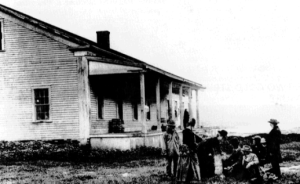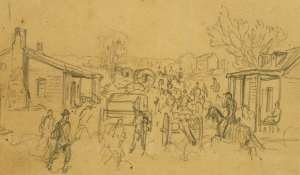Robert Burch on “California in the Civil War, Part 2: Californian U.S. Volunteer Units”
California contributed twelve regiments and five battalions of U.S. Volunteer infantry and cavalry to the Union War effort of 1861-65. These 15,575 soldiers served across the entire Western United States from Washington to Arizona Territories, and as far east as Wyoming Territory and Texas. They checked Secessionist activities in southern California, repelled a Confederate invasion of New Mexico, and conducted numerous campaigns against hostile Indians including the famous Battle of Apache Pass.
This presentation provides an introductory analysis of the California Volunteers followed by detailed histories of each regiment and battalion. Each unit history includes a historical summary, commander’s biography, and map with detailed wartime duty locations. Drawing from extensive original and secondary historical sources and photographs, this presentation provides the most exhaustive history of these regiments available.
This is the second of an eight-part series on California and the American Civil War. This series explores California’s role and contribution to the Union with an emphasis on the military aspect of the conflict. Part one outlined California’s political and military situation in April of 1861. The third part will summarize Californian soldiers in units credited to other states, including the famous “California Hundred” and California Battalion. Continue reading

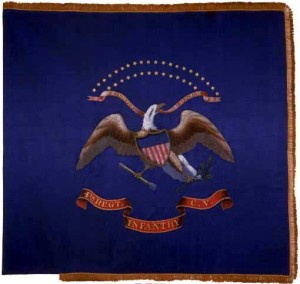
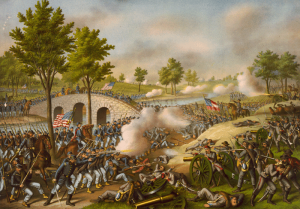
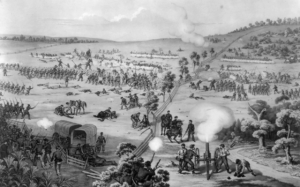
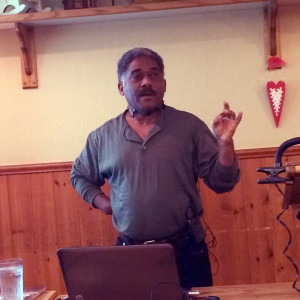
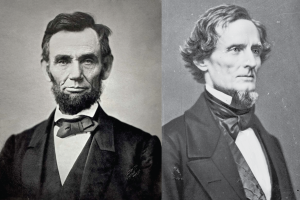
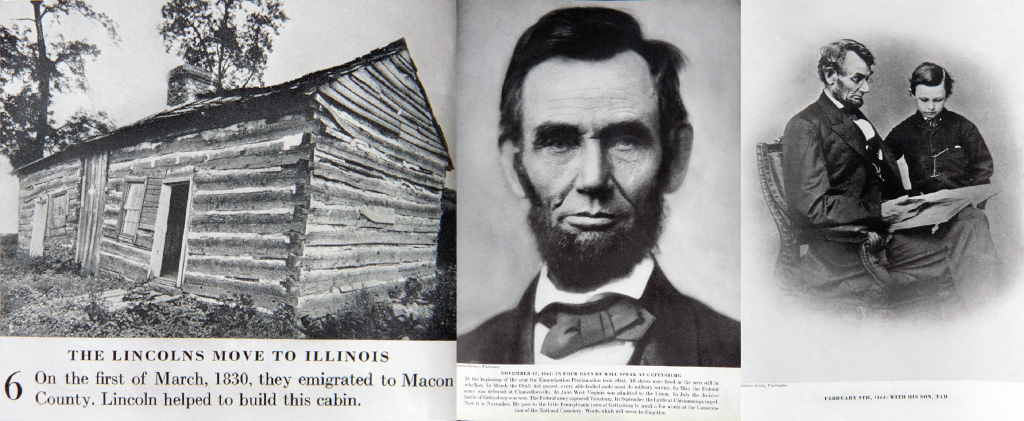
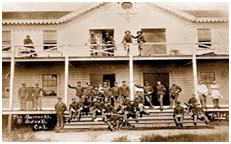
 James Ewell Brown “Jeb” Stuart earned his fame as a Confederate States Army general during the American Civil War. Stuart was a cavalry commander who excelled and mastered reconnaissance as well as effectively utilizing his cavalry in support of both offensive and defensive operations.
James Ewell Brown “Jeb” Stuart earned his fame as a Confederate States Army general during the American Civil War. Stuart was a cavalry commander who excelled and mastered reconnaissance as well as effectively utilizing his cavalry in support of both offensive and defensive operations.